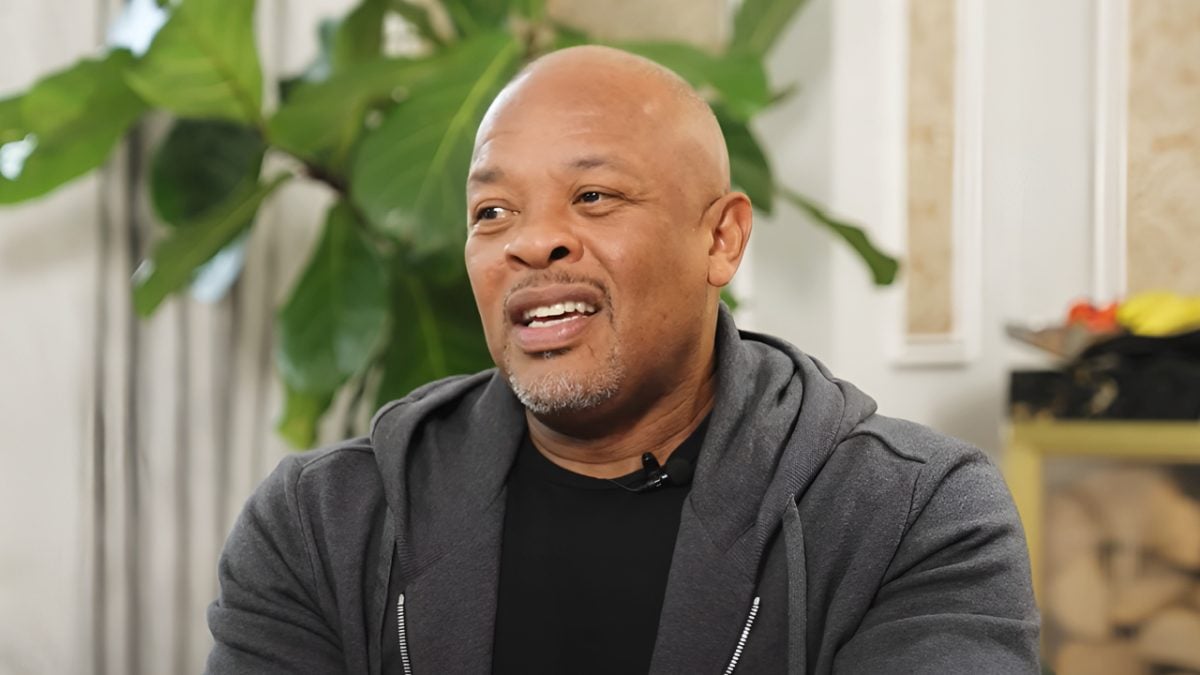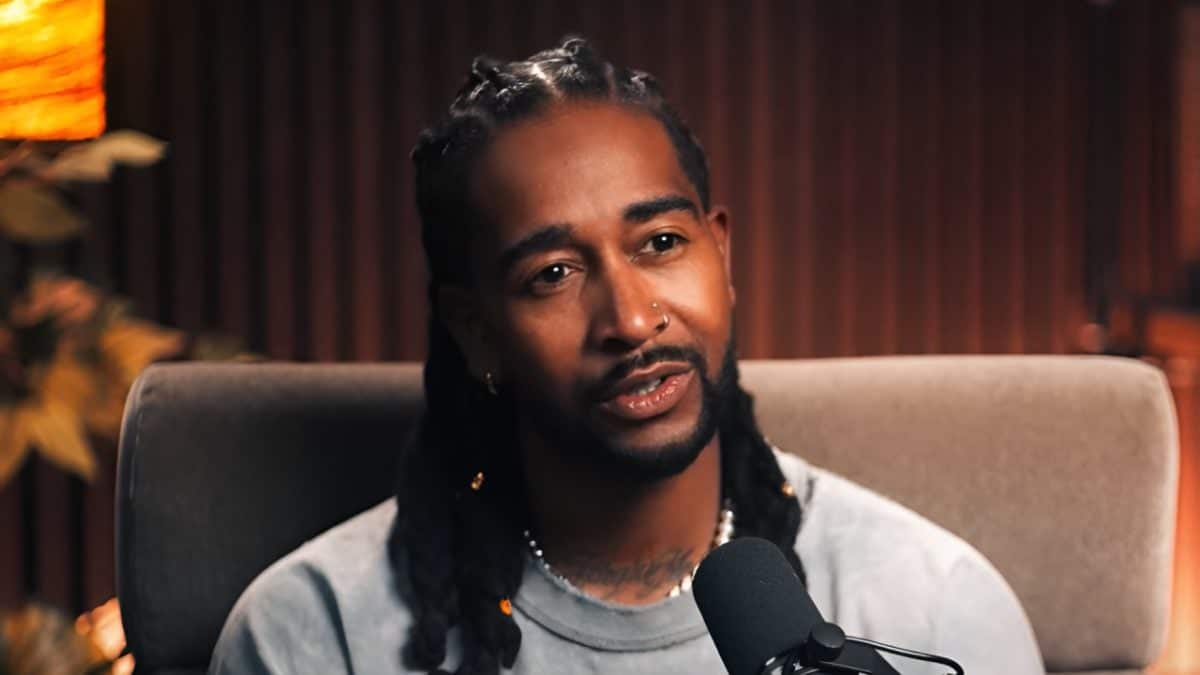Wendy Williams is on a mission to reclaim her life, taking legal steps to end her court-appointed guardianship.
Recently, Wendy Williams signed an affidavit requesting a judge to lift her guardianship, arguing she has “regained capacity” and no longer needs a guardian. This move comes amidst ongoing disputes about her health, particularly claims of Frontotemporal Dementia, a condition generally viewed as irreversible, yet Wendy appears in better health than before.
A documentary titled ‘TMZ Presents: Saving Wendy’ highlights her situation, illustrating a stark contrast between her current condition and her past struggles. As her legal team works to challenge the guardianship, she’s slated for a medical evaluation by a doctor chosen by her attorney. This evaluation will play a crucial role in her upcoming court proceedings.
[instagram-embed-display instagram_id=’DFts3brJt7k’]
Wendy’s plight emphasizes the complexities of guardianship laws, especially for high-profile figures facing health and financial issues. Her guardianship began after Wells Fargo froze her accounts, suspecting financial exploitation and reduced capacity. This led to decisions regarding her personal and financial affairs being handled by a guardian, stripping her of autonomy.
In the documentary, Wendy describes her existence under guardianship as oppressive. She recounts having no freedom for fresh air or internet access, and being cut off from phone calls and visitors, making her feel like a prisoner. This lack of autonomy and freedom is something she is eager to change.
If the judge denies her request, Wendy plans to push for a jury trial to determine her ability to manage her own affairs. Despite the hurdles, Wendy is determined to regain her independence.
Wendy Williams’s fight against her guardianship is not just a legal battle but a personal quest for autonomy. Her determination to challenge the current situation highlights broader issues within the guardianship system, especially for public figures with complex lives.










